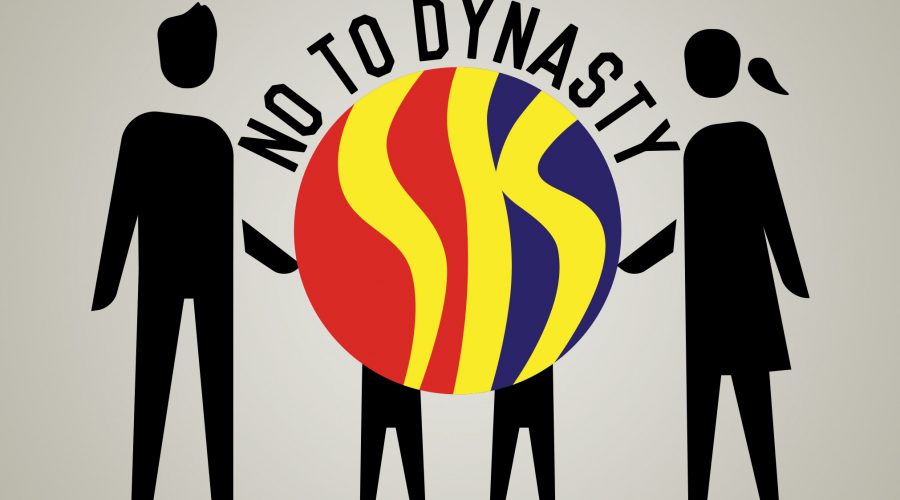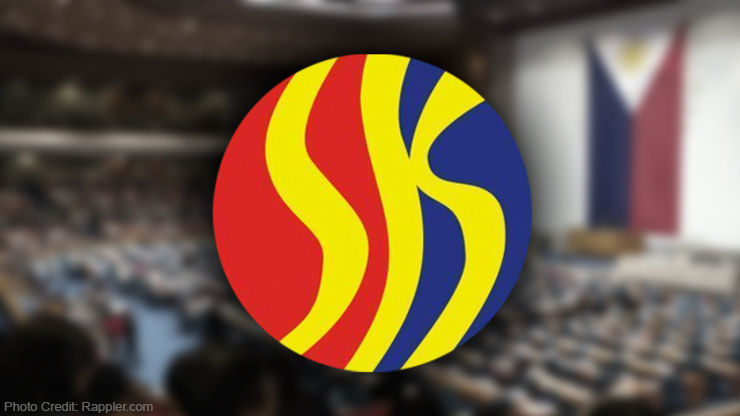BIDA KA!: Bida ang Kabataan sa SK Reform
Mga Bida, noong mga nakaraang buwan, naimbitahan tayo sa Far Eastern University (FEU) upang magsalita ukol sa maiinit na isyu ukol sa kabataan sa kasalukuyan.
Tinalakay natin doon ang ilang mga paksa, gaya ng social enterprise, Ten Accomplished Youth Organization (TAYO) Awards at ang mga panukalang reporma sa Sangguniang Kabataan.
Sa huling paksa, napukaw ang ating atensiyon ng daan-daang estudyante dahil marami sa kanila ang nagtanong ukol dito sa ginawang open forum.
Naikuwento ng ilan sa mga nagtanong ang kanilang mapait na karanasan sa pagtakbo sa SK elections.
Ayon sa isang nagtanong, bilang SK chairman sa kanilang lugar, maganda ang kanyang mga naisip na programa para sa kanyang komunidad ngunit hindi siya pinapansin sa kanilang lugar.
Tinalo kasi niya ang anak ng kanilang barangay chairman na mas popular at mas malawak ang makinarya sa kanilang barangay.
Inireklamo naman ng isa ang kawalan ng de-kalidad na proyekto ng SK sa kanilang lugar. Madalas, puro paliga at beauty contest lang ang mga proyektong nakalinya para sa mga kabataan.
Ang isa naman, isinumbong na walang alam sa mga polisiya ukol sa kabataan ang mga naupong SK official sa kanilang barangay.
***
Mga Bida, magandang balita ang hatid natin sa mga nagnanais ng pagbabago sa sistema ng SK sa bansa, na ating isinusulong bilang chairman ng Senate Committee on Youth.
Noong nakaraang Martes lang, ating pinamunuan ang Bicameral Conference ang Sangguniang Kabataan Reform Act.
Kabilang sa mga pagbabagong nakalagay sa nasabing panukala ay may kinalaman sa anti-dynasty.
Sa repormang ito, bawal nang tumakbo sa anumang SK position ang pamilya o kamag-anak ng sinumang public official — mula national, provincial, city/municipality at barangay levels pati na ng appointed — hanggang sa ikalawang antas ng pagiging magkamag-anak.
Malaki ang maitutulong nito sa ating pagsisikap na alisin ang SK mula sa tradisyunal na pulitika. Ang hakbang na ito ay magandang simula para sa mas malawak na anti-dynasty bill na umaasa tayong maipapasa sa kasalukuyang administrasyon.
Pinalawak din ng panukala ang edad ng SK patungong 18 hanggang 24 anyos upang magkaroon sila ng pananagutan sa kanilang mga pagkilos.
Dagdag pa rito, titiyakin ng panukala na may alam ang mga uupong SK officials sa kanilang paninilbihan dahil kailangan nilang sumailalim sa mandatory training programs upang magkaroon ng sapat na kaalaman na magagamit sa kanilang tungkulin.
Sa tulong ng mga training programs, matitiyak na may sapat na kaalaman at magiging magandang halimbawa ang ating SK officials sa mga kabataan.
Isinusulong din ng panukala ang pagtatatag ng Local Youth Development Council (LYDC), isang konseho na susuporta sa Sangguniang Kabataan at titiyak sa mas aktibong partisipasyon ng mga kabataan.
Ang LYDC ay bubuo ng mga kinatawan mula sa iba’t ibang youth organizations sa komunidad gaya ng student councils, simbahan at youth faith groups, youth-serving organizations at community-based youth groups.
Bukod pa rito, mabibigyan ng pagkakataon ang SK officials upang pamahalaan ang kanilang budget at mga programa. Sa ganitong paraan, maiiwasan ang pamumulitika upang mabigyang diin ang tunay na galing at talino ng kabataan.
Mas malaki na ang kanilang responsibilidad, dahil sila na ang magiging may pananagutan sa kung ano at paano nila gagamitin ang kaban ng bayan.
***
Mga Bida, inaasahan natin na raratipikahan ng Kongreso at Senado ang panukala. Pagkatapos noon, ipapadala ito sa Malacañang para malagdaan na ng Pangulo at maging pormal ng batas ito.
Mahigit na isang dekada na nating isinusulong ang mga reporma sa SK na nagsimula pa noong naging chairman tayo ng National Youth Commission.
Kaya nakakataba ng puso ang pagpasang ito at buong galak kong ibinabahagi ang magandang balitang ito sa inyo. Nawa’y lalo pa nating mapaigting at mapatibay ang pakikisangkot ng ating kabataan para sa ikauunlad ng ating mga komunidad at ng buong bansa!
First Published on Abante Online



Recent Comments